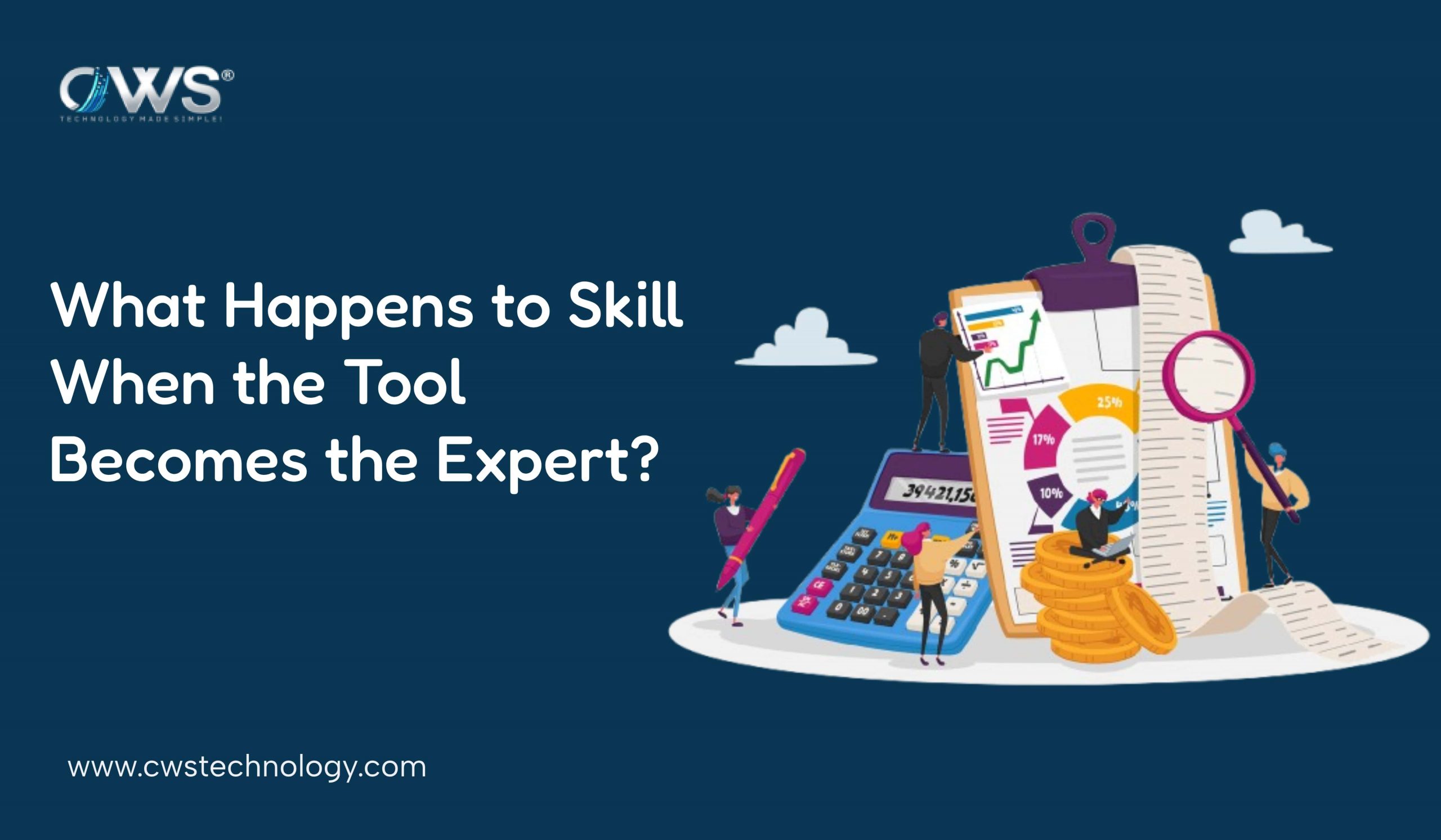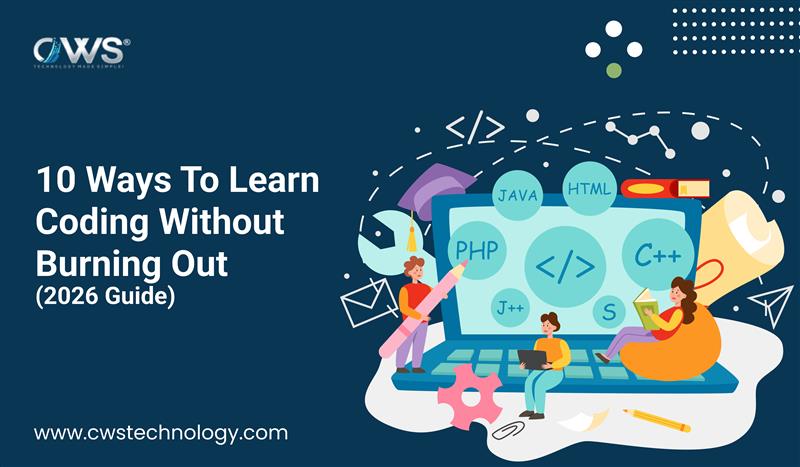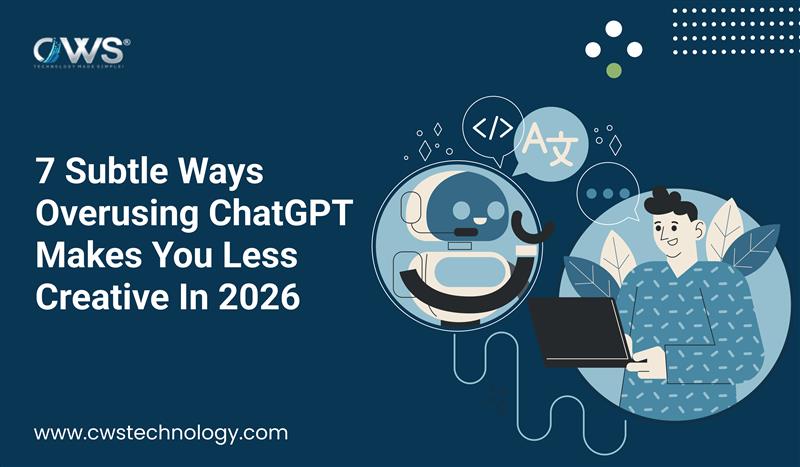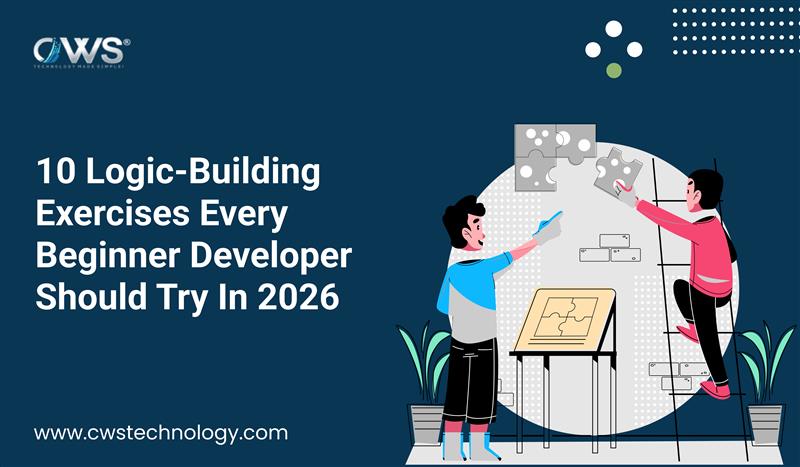The Question We’re All Secretly Asking
Think about the last time you leaned on a tool. Maybe it was Google Maps rerouting you through traffic. Maybe it was ChatGPT drafting a quick email. Or maybe it was a design software that turned your rough sketch into a polished layout in seconds.
Now pause and ask yourself: when the tool knows so much, what happens to our own skill?
This is not just a question for technologists. It’s for anyone living in a world where artificial intelligence and automation are becoming everyday co-workers.
Remember When Expertise Took Years?
Not so long ago, mastery meant putting in countless hours. A doctor studied for decades to recognize rare conditions. A developer debugged for nights on end to understand code deeply. A marketer ran dozens of experiments before learning what resonates with people.
But today, machines can do parts of this in seconds. They can detect patterns, write complex functions, or even draft marketing campaigns faster than a human ever could.
That shift is exciting. But it’s also unsettling. Because if the tool is the expert… where does that leave us?
Skill Isn’t Disappearing—It’s Changing
Here’s the good news: human skill isn’t going away. It’s simply moving into new territory.
- From Execution to Judgment
AI can hand you ten possible answers. But which one fits your business, your values, your client’s unique needs? That choice—that judgment—is still deeply human. - From Knowledge to Creativity
Machines know facts. Humans imagine possibilities. The spark that creates a new product, a new story, or a new way of solving a problem still comes from us. - From Routine to Relationship
Automation can schedule a meeting, but it can’t build trust. It can process data, but it can’t inspire a team. People-to-people connections are where our real strength lies.
The Hidden Danger: Letting Ourselves Get Comfortable
The real risk is not that AI takes our jobs. It’s that we stop pushing ourselves because the tool already “does it.”
Think of a young developer who never bothers to learn logic because the AI writes the function. Or a writer who stops experimenting with voice and style because a tool suggests what “works.”
Tools can guide. But if we stop learning, questioning, and experimenting, we lose the very muscles that make us skilled in the first place.
A Better Way: Working With Intelligent Tools
At CWS Technology, we see this moment not as a threat but as an opportunity. AI is not here to replace us—it’s here to partner with us.
- Let machines handle the scale and speed.
- Let humans bring vision, empathy, and ethics.
When the two work together, businesses don’t just become more efficient—they become more human-focused, more innovative, and more resilient.
So, How Do We Prepare?
If you’re a business leader or a professional wondering how to adapt, here are a few shifts worth making:
- Keep Learning Beyond the Tool – Invest in people’s creativity, judgment, and empathy.
- Treat AI as a Co-Pilot – Let it assist, but don’t hand over the steering wheel.
- Redefine What “Skill” Means – It’s no longer about how fast you can do something, but how thoughtfully and creatively you can use what the tools give you.
The Future of Being “Skilled”
Every generation has faced a moment like this. The printing press, the calculator, the internet—all changed what it meant to be skilled. AI is simply our chapter of that story.
The tools may become the experts in speed and accuracy. But we remain the experts in meaning, imagination, and direction.
So, the next time your tool feels smarter than you, remember: the value isn’t in knowing everything—it’s in knowing what to do with it.








